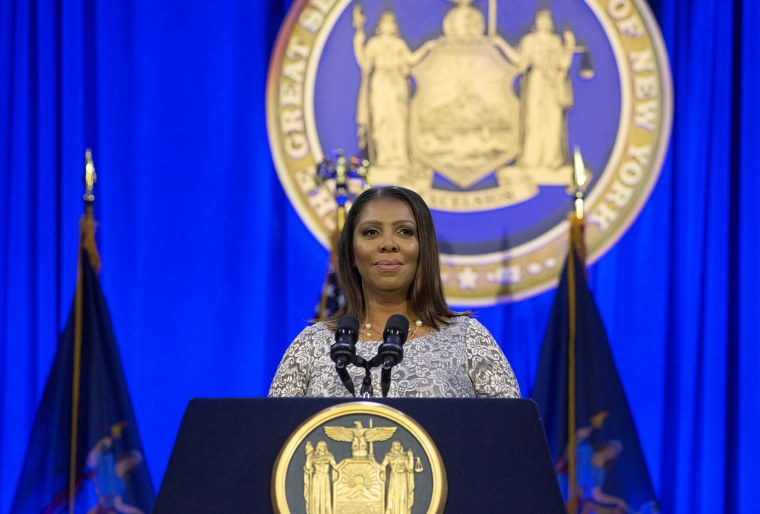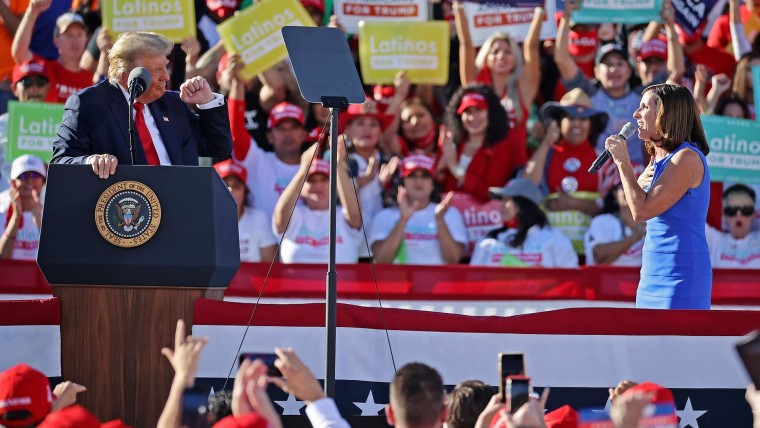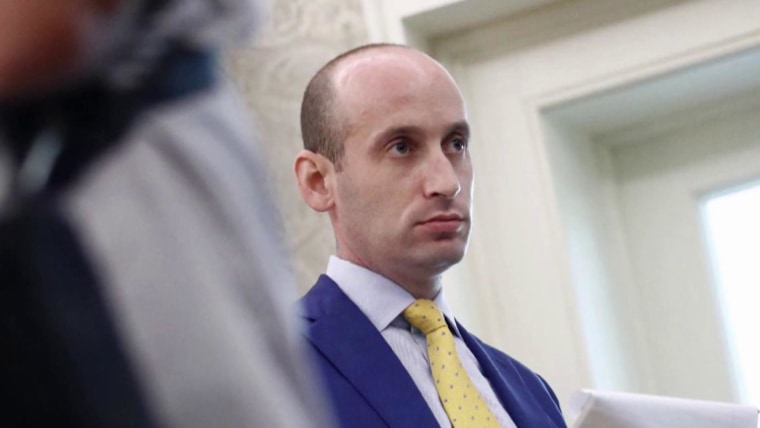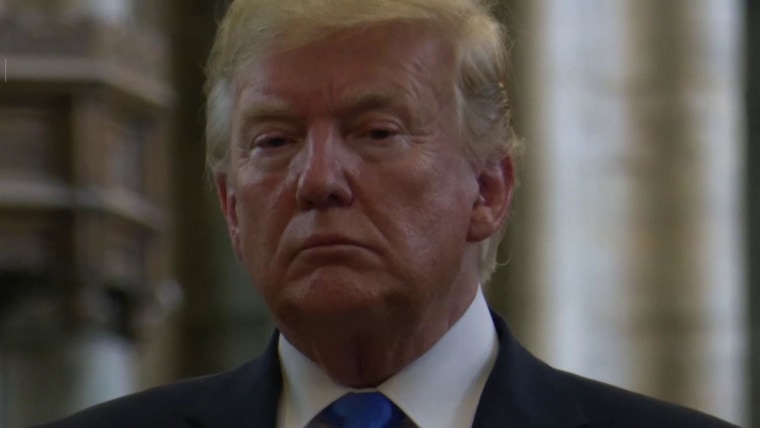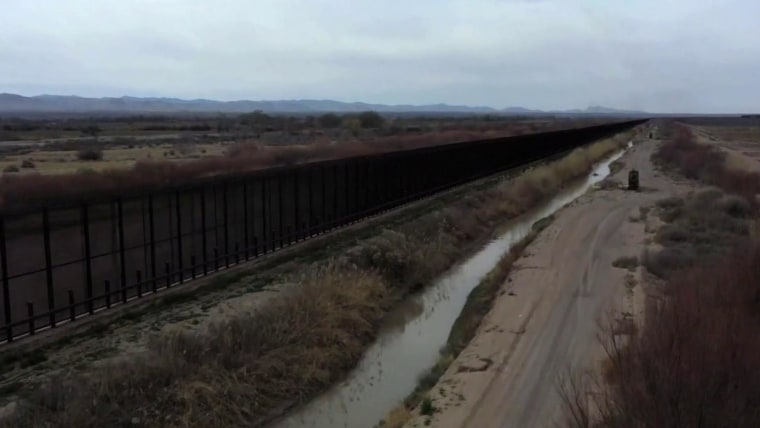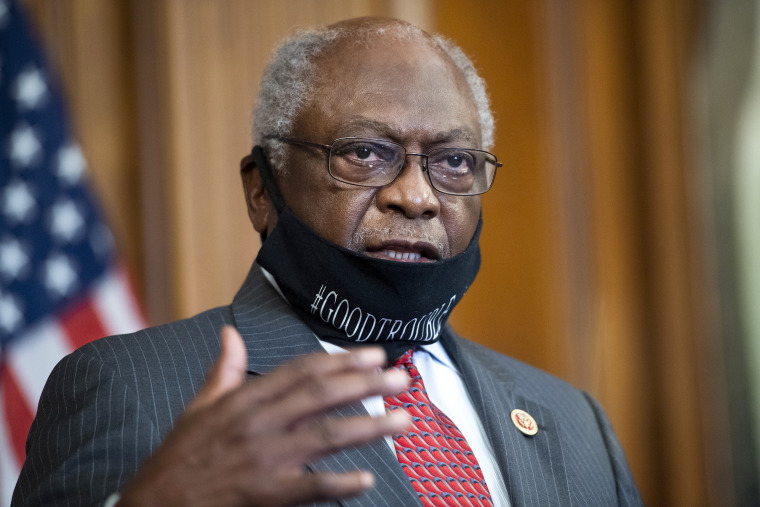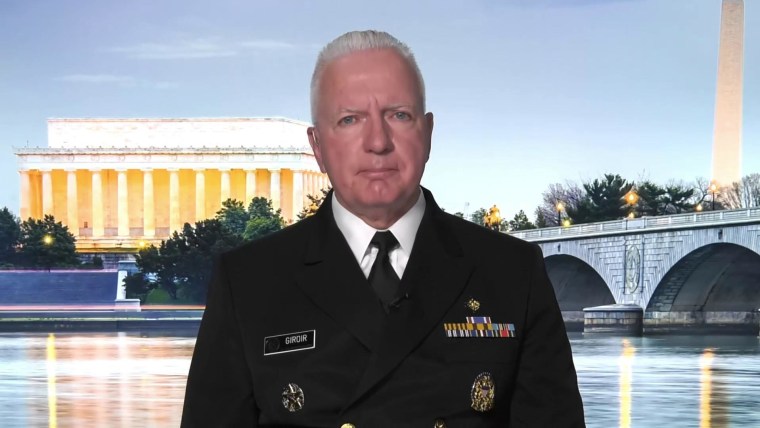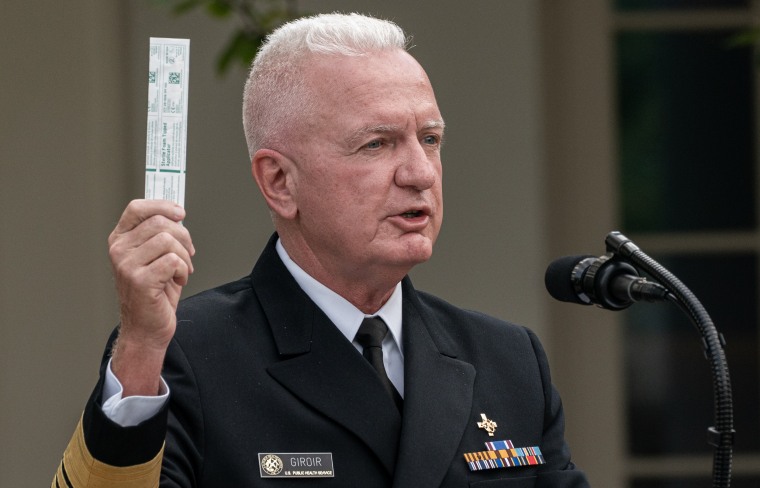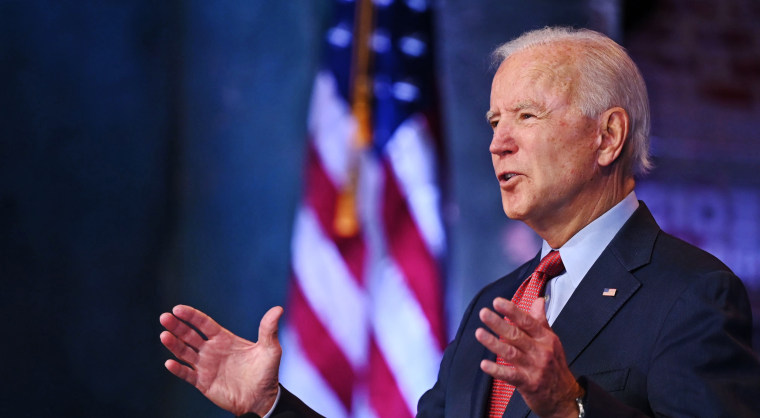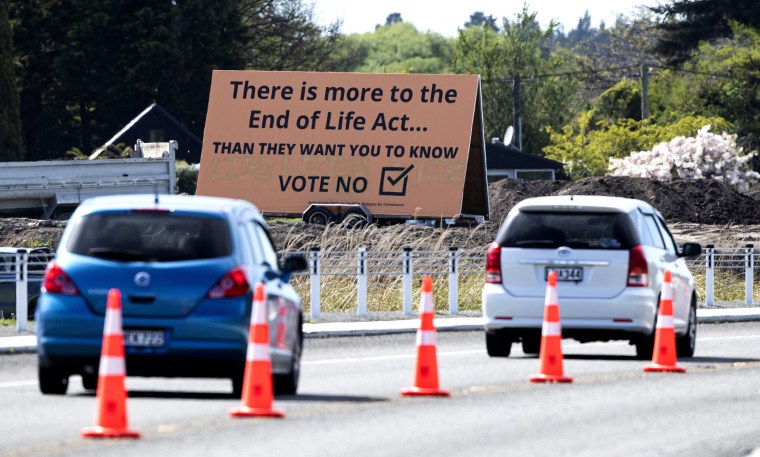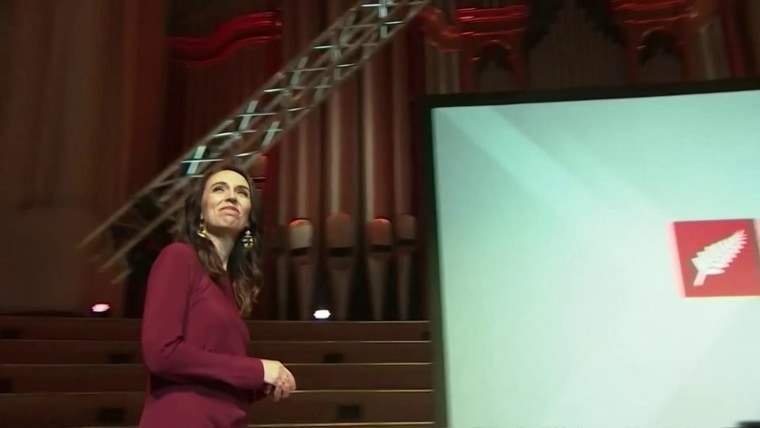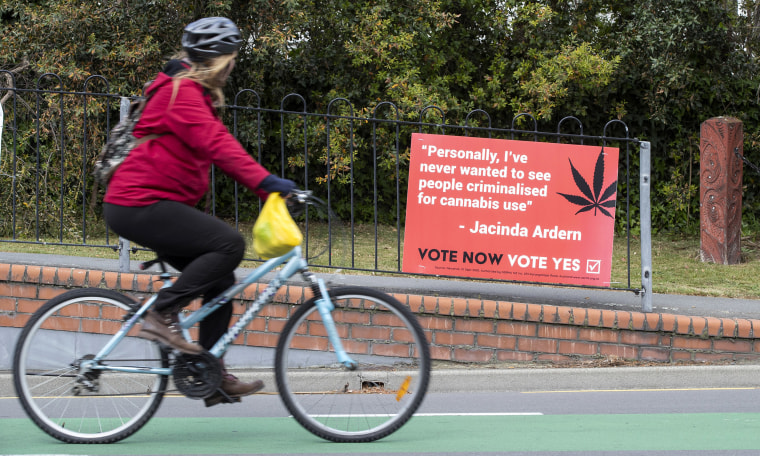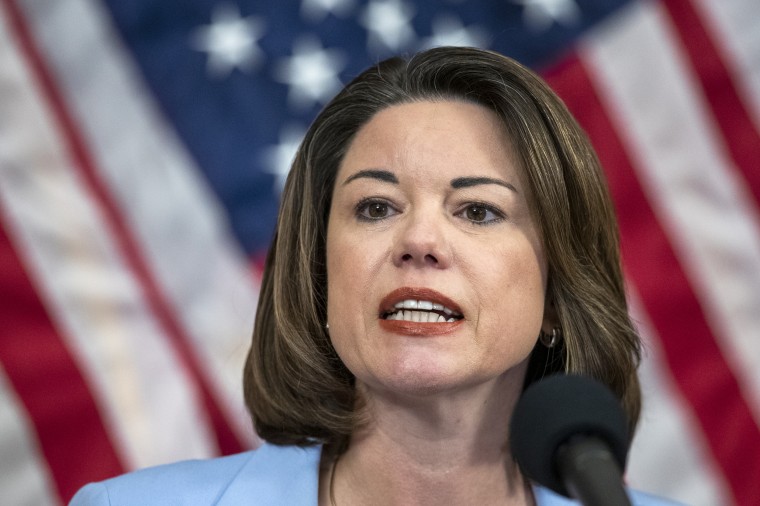The case dates back to 2018 and had widely been seen as a test of the country's laws banning same-sex relationships.

Chris Agiriga, 23, one of the men arrested on charges of public display of affection with members of the same sex, walks with a friend on the streets of Mushin in Lagos, Nigeria, on Feb. 14, 2020.
Temilade Adelaja / Reuters file
Oct. 27, 2020, 12:52 PM MDT / Source: Reuters
LAGOS - A judge in a Nigerian court on Tuesday threw out a case against 47 men charged with public displays of affection with members of same sex, ending what had widely been seen as a test of the country's laws banning same-sex relationships.
The Nigerian law banning gay marriage, punishable by up to 14 years in prison, and same-sex "amorous relationships," prompted an international outcry when it came into force under former President Goodluck Jonathan in 2014.
The men were arrested in a police raid on a Lagos hotel in the city's Egbeda district in 2018. Police said the men were being initiated into a gay club, but the defendants said they were attending a birthday party.
Prosecution and defense lawyers in the case had told Reuters nobody had yet been convicted under the law, which led to the case of the men being widely seen as a test case that could help to establish the burden of proof.
Prosecutors failed to attend Tuesday's hearing at the federal high court in Lagos, having previously failed to present some of their witnesses in a case that had been adjourned on several occasions.
Recommended
Justice Rilwan Aikawa struck out the case and said he had done so due to the "lack of diligent prosecution".
The specific charge the men faced, relating to public displays of affection, carries a 10-year prison sentence.
Outside the court, many of the men smiled and cheered, including dancer James Brown who, smiling, said: "I am free. It means a lot of good things."
Under Nigerian law, defendants in a case that is struck out can be re-arrested and arraigned again on the same charge, whereas that is not possible in cases that have been dismissed.
Taxi driver Onyeka Oguaghamba, a father-of-four who said he merely drove people to the party, said he was happy the case had been struck out but disappointed that it was not dismissed entirely.
"I am not happy, because I'm looking for the matter to end in a way that people will see me and believe what I have been saying from the beginning," he said, adding that the decision meant he could be charged again.
Oguaghamba and others previously told Reuters they had been stigmatized as a result of the raid and a televised news conference held by police in which they were identified the day after their arrest.
Chris Agiriga, another of the men, said the striking out of the case would not help him to be reconciled with his family who had rejected him over the matter.
"Since the past two years, this has caused a lot of damage in my life," he said.
Emmanuel Sadi, a program officer with rights group the Initiative for Equal Rights (TIERS), said the outcome of the case raised questions about the law used to charge the men.
"You can't even build a case around it," he said. "I hope they (the government) realize how redundant it is as a law, and they are open to removing or repealing it," he said.
Homosexuality is outlawed in many socially conservative African societies where some religious groups brand it a corrupting Western import. Gay sex is a crime in countries across the continent, with punishments ranging from imprisonment to death.
Oct. 27, 2020, 12:52 PM MDT / Source: Reuters
LAGOS - A judge in a Nigerian court on Tuesday threw out a case against 47 men charged with public displays of affection with members of same sex, ending what had widely been seen as a test of the country's laws banning same-sex relationships.
The Nigerian law banning gay marriage, punishable by up to 14 years in prison, and same-sex "amorous relationships," prompted an international outcry when it came into force under former President Goodluck Jonathan in 2014.
The men were arrested in a police raid on a Lagos hotel in the city's Egbeda district in 2018. Police said the men were being initiated into a gay club, but the defendants said they were attending a birthday party.
Prosecution and defense lawyers in the case had told Reuters nobody had yet been convicted under the law, which led to the case of the men being widely seen as a test case that could help to establish the burden of proof.
Prosecutors failed to attend Tuesday's hearing at the federal high court in Lagos, having previously failed to present some of their witnesses in a case that had been adjourned on several occasions.
Recommended
Justice Rilwan Aikawa struck out the case and said he had done so due to the "lack of diligent prosecution".
The specific charge the men faced, relating to public displays of affection, carries a 10-year prison sentence.
Outside the court, many of the men smiled and cheered, including dancer James Brown who, smiling, said: "I am free. It means a lot of good things."
Under Nigerian law, defendants in a case that is struck out can be re-arrested and arraigned again on the same charge, whereas that is not possible in cases that have been dismissed.
Taxi driver Onyeka Oguaghamba, a father-of-four who said he merely drove people to the party, said he was happy the case had been struck out but disappointed that it was not dismissed entirely.
"I am not happy, because I'm looking for the matter to end in a way that people will see me and believe what I have been saying from the beginning," he said, adding that the decision meant he could be charged again.
Oguaghamba and others previously told Reuters they had been stigmatized as a result of the raid and a televised news conference held by police in which they were identified the day after their arrest.
Chris Agiriga, another of the men, said the striking out of the case would not help him to be reconciled with his family who had rejected him over the matter.
"Since the past two years, this has caused a lot of damage in my life," he said.
Emmanuel Sadi, a program officer with rights group the Initiative for Equal Rights (TIERS), said the outcome of the case raised questions about the law used to charge the men.
"You can't even build a case around it," he said. "I hope they (the government) realize how redundant it is as a law, and they are open to removing or repealing it," he said.
Homosexuality is outlawed in many socially conservative African societies where some religious groups brand it a corrupting Western import. Gay sex is a crime in countries across the continent, with punishments ranging from imprisonment to death.
